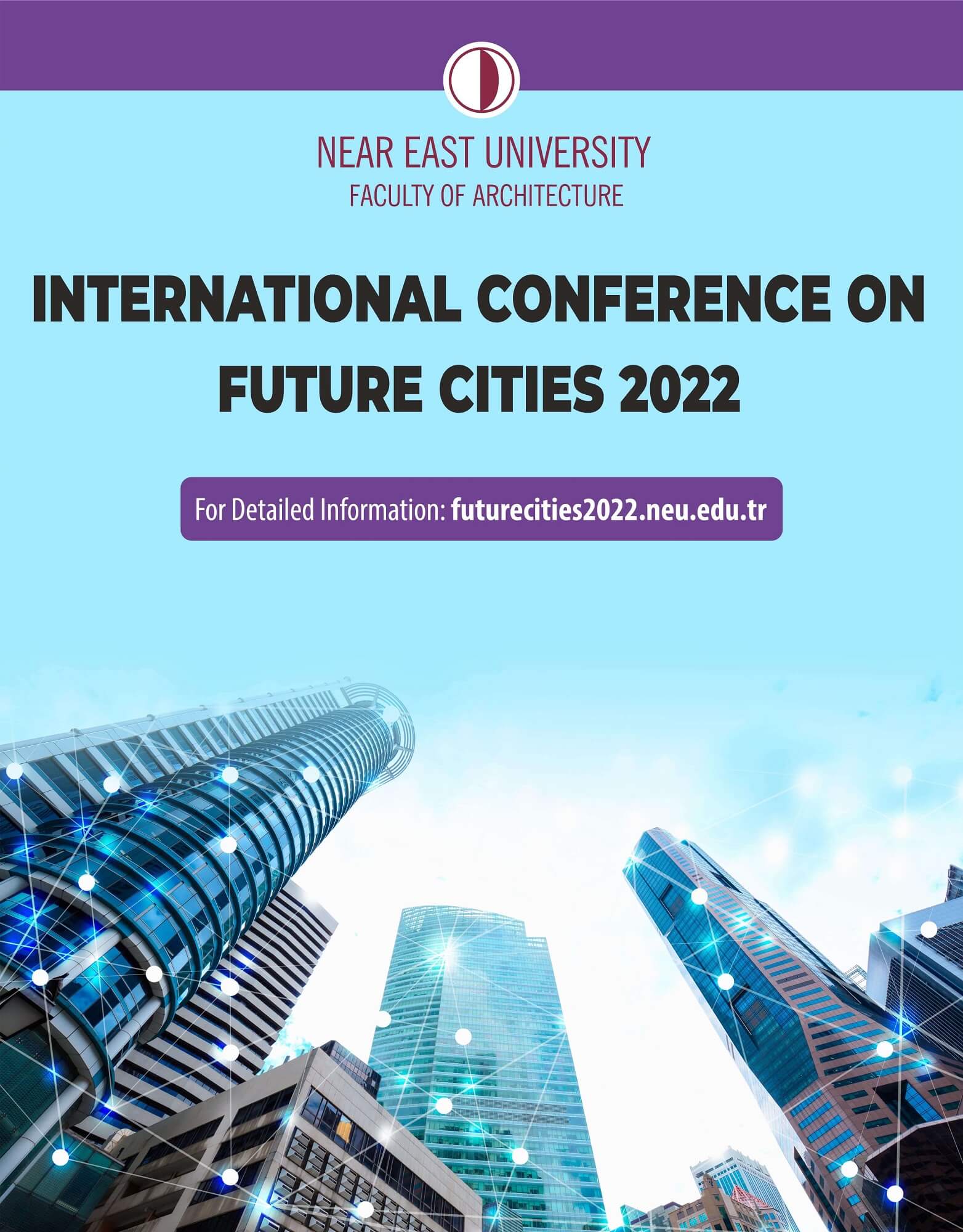
Life around the world is rapidly shifting from rural to urban areas. It is predicted that by 2050, approximately 70 percent of the world’s population will live in cities. This rapid accumulation increases the problems of the cities we live in at the same speed. Designing cities in accordance with the changing times and needs by questioning how the cities of the future should be stands out as one of the most important requirements of a livable world.
At the “Cities of the Future” conference held by the Near East University Faculty of Architecture, scientists from many parts of the world sought the answer to the question of what the cities of the future should be like. International conference, overcoming the current challenges in today’s cities, was organized with the aim of developing cooperation between researchers, academicians and international organizations in order to share information about urban design and planning.
What will the cities of the future be like?
At the “Cities of the Future” conference attended by Prof. Dr. Turgay Kerem Koramaz from Istanbul Technical University and Prof. Dr. Mert Çubukçu from Dokuz Elyül University as invited speakers, many papers were presented on smart cities, city and pandemic, urban management, urban morphology and urban resilience.
How historical artifacts and high-rise buildings will be together; The effect of three-dimensional projections intended to be used on building facades in parallel with the developing technology; The urban and social effects of private estates, which are creating closed societies, whose numbers are increasing and contagiously spreading to all cities of the world, were among the interesting topics discussed at the conference. As a threat that we live in and that we can experience again in the future, how the pandemic has transformed the urban environment, clean energy and innovative urban practices in different countries were also discussed.

Prof. Dr. Zeynep Onur: “Designing smart and sustainable cities is a must for a livable world.”
Reminding that it is predicted that approximately 70 percent of the world’s population will live in urban areas by 2050, Near East University Faculty of Architecture Dean Prof. Dr. Zeynep Onur said, “This situation makes it a necessity to design smart and sustainable cities for a more livable world. At the Cities of the Future conference, which we organized with international participation, we carried out a vision study for the cities of the future with a multidisciplinary approach.
Listing the main problems facing cities today as post-pandemic reintegration into urban life, financial difficulties, crowding, housing, traffic, pollution, public education and crime, Prof. Dr. Zeynep Onur said that the most important reason for problems such as deterioration of air and water quality, insufficient water, waste problems and high energy consumption and increasing population density is that a large population tries to live in very small areas. Prof. Dr. Onur said, “As a solution to these problems, in future cities; flying vehicles, mega bridges, connected street structures and underground spaces are imagined. We dream of futuristic cities powered by the internet of things and artificial intelligence, so that they can live, breathe and even think with us. Our biggest hope in all these futuristic cities is that technological developments will improve the quality of life without destroying the human touch.”